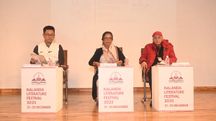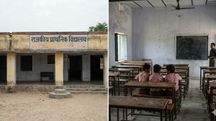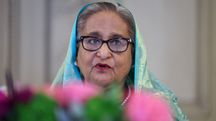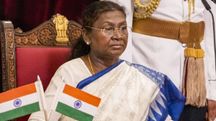Union Health Ministry reviews Monkeypox situation and preparedness
In response to the World Health Organization's (WHO) declaration of Monkeypox as a Public Health Emergency of International Concern (PHEIC), Union Minister of Health & Family Welfare, Jagat Prakash Nadda, conducted a comprehensive review of India's preparedness to combat the potential threat.
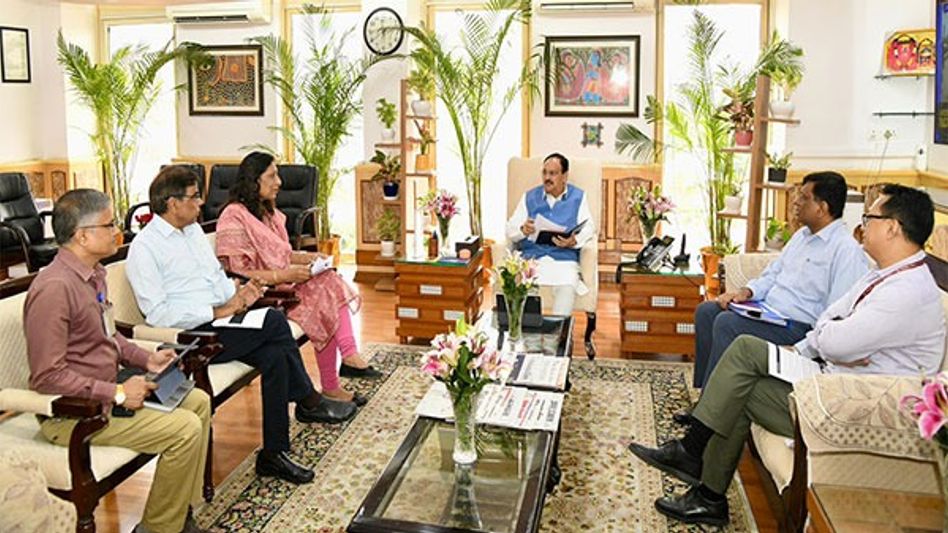
In response to the World Health Organization's (WHO) declaration of Monkeypox as a Public Health Emergency of International Concern (PHEIC), Union Minister of Health & Family Welfare, Jagat Prakash Nadda, conducted a comprehensive review of India's preparedness to combat the potential threat. The meeting, held on Saturday, August 17, brought together senior officials of the Health Ministry to strategize on precautionary measures despite the current absence of Monkeypox cases in the country.
The Union Health Minister emphasized the importance of proactive steps to safeguard the nation. As a precautionary measure, several initiatives were decided upon, including the sanitization of health units at all major entry points—airports, seaports, and ground crossings. Additionally, the minister directed the readiness of 32 testing laboratories across the country, along with the preparation of health facilities to promptly detect, isolate, and manage any potential cases.
During the meeting, officials highlighted that Monkeypox infections, although concerning, are typically self-limiting, with the illness lasting between two to four weeks. Patients generally recover with supportive care. The transmission of Monkeypox requires prolonged close contact with an infected individual, primarily occurring through sexual contact, direct exposure to bodily fluids or lesions, or contact with contaminated clothing or linen.
The ministry's approach underscores the government's commitment to ensuring public health safety by being vigilant and prepared, even in the absence of current cases.
Copyright©2025 Living Media India Limited. For reprint rights: Syndications Today


